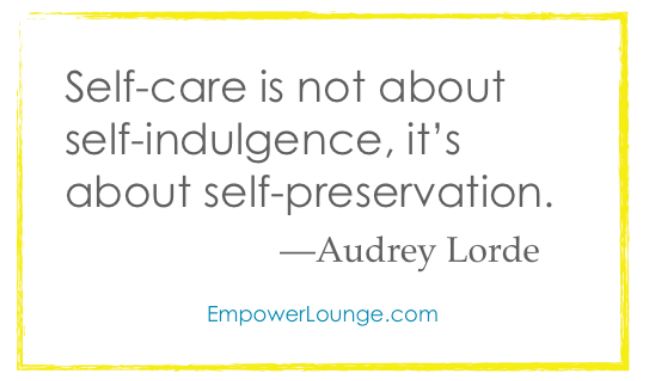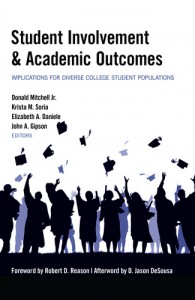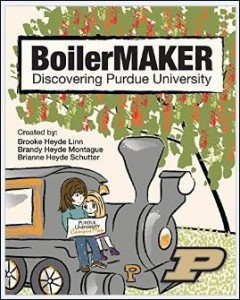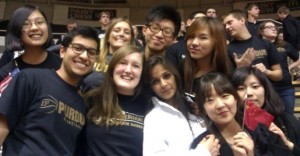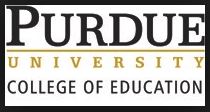By Colleen E. Brown, Academic Advisor CLA & Career Council Member
Which came first – the chicken or the egg? This age-old question is similar to what many students face when thinking about the relationship between their college majors and their eventual career paths upon graduation. Do I know what I want to be ‘when I grow up’ and then pick a major to fit that goal? Or do I pick a major and eventually find my career path as I move through my program?
The answer to these and other student career- related questions may lie in the extent to which our students think about their career development early, often, and effectively. In order to assist students in these endeavors, it is essential that the academic advising community have access to the latest career information as well as up-to-date tools and techniques so we can better assist students on this journey. Toward this end, a Career Advising Council was formed consisting of academic advisors and career/student services professionals from across campus. This council will discuss the major issues regarding Purdue students’ career development paths including implementing new initiatives at the student, advisor, and university levels.
The idea for the Career Advising Council was first formed when a group of academic advisors and career/students services professionals from a variety of Colleges and units across Purdue’s campus volunteered to take an online class offered through the University of North Carolina titled “Models & Methods of Student Advising: Promoting Career and Academic Success & Transition”. With financial support from their individual academic units and Sandy Monroe’s office, the participants took the 4 week class focusing on how career advising can more efficiently integrate with academic advising. The course was taught by Dr. Paul Gore, a noted researcher in the field of career advising/development.
While the class was conducted online, the Purdue participants (making up 13/25 of the class members) met in-person weekly to discuss the readings, assignments, and to review best practices gleaned from the class. The participants learned that many models of career & academic advising exist at universities across the country with each model having relative pros and cons. Most importantly, the class members agreed that full integration of academic/career advising on a campus of Purdue’s size and shape was not the best route. Instead, many new ideas about how to improve/highlight the career culture here on campus were discussed and debated with the ultimate goal of aiding Purdue students on their career planning pathways.
Each participant ended the class with a written review of their own College’s academic advising model, the career services available within their respective Colleges, and how these career services fit in with the services offered to students campus-wide by the Center for Career Opportunities (CCO). Each participant produced an institutional assessment from their own perspective addressing some/all of the following issues:
1. Strengths & weaknesses of Purdue’s current academic & career advising model
2. Barriers and benefits to academic/career advising integration at Purdue
3. Successful current practices as well as gaps in knowledge/missed opportunities for improving career development services campus wide
4. Short and long term goals of better aligning academic & career advising at Purdue
Through this process and in consultation with Sandy Monroe (Director of Academic Advising), Tim Luzader, and Cher Yazvac (Director & Associate Director of the CCO respectively), the class came up with a set of recommendations to improve the career development experience here at Purdue. The recommendations including some of the following highlights:
1. Purdue students would benefit from a consistent career development activity/message campus-wide beginning early and being revisited often as they move toward graduation.
2. Helping advisors show students the benefits of engaging in self-reflective/self-discovery techniques is a key component to career development at the college level.
3. Current models of advising on campus should be systematically studied as should any programs/initiatives created. The student body should be an active participant in assessing current/future needs.
4. The career services within each College complement, rather than supplant, the services offered within the CCO. The key is to orient students to what each unit uniquely offers.
5. Academic advisors play an important role in the career development path but given the demands on their time and the focus of their jobs, it is essential that the variety of stand-alone career services offer a separate and more in-depth function for students.
6. Academic advisors already engage in many positive forms of career advising during their interactions with students but would benefit from the additional training and be given easy-to-implement career planning tools for their advising toolboxes.
7. A centralized, standing committee to help address the above needs/issues would help fill gaps and improve quality all-around.
Thus, the Career Advising Council was created. Sandy Monroe and Cher Yazvac will serve as the Council’s co-advisors and Brooke Linn (academic advisor/student services in PHARM) and Kaletra Dispennett (career services consultant at the CCO) agreed to act as the Council’s first co-chairs. Invited members of the Council include the class participants (most of whom agreed to serve), academic advisor representation from each College and a variety of career services professionals from across campus.
When asked about the purpose/goals of the Career Advising Council, Sandy Monroe stated that, “In terms of the advising community, the key mission of the council will be to help advisors integrate key career advising strategies into their everyday advising appointments.…this might include, for example, raising advisor’s awareness of the tools our students can utilize as they explore or affirm their career options. It is my hope that the Council members will provide personalized guidance to their own advising community regarding career information. We also hope to help academic advisors better orient to career advising techniques and practices through a series of targeted, ongoing, and interactive professional development sessions for the advising community as a whole.”
The first general meeting of the Career Advising Council took place at the beginning of January. The main task included brainstorming about a campus-wide activity at Freshman Orientation to assist incoming students in beginning to think about their career development and to immediately familiarize them with the wide variety of career services available here. The initiatives are currently being discussed an finalized on this front.
Other topics of discussion and future directions for the Council included: Program success assessment/tracking, CODO-in surveys regarding career knowledge of major, promoting the CCO and College-specific career services more actively/effectively, effectiveness/need for career orientation courses (i.e. COM 100- 1 credit), career clubs across campus, career mapping, tools for advisors, and professional development session topics.
Any questions about the Career Advising Council, its purpose, goals, outcomes, and membership can be directed toward the Council’s co-advisors and/or facilitators. Sandy Monroe’s office will offer the first campus-wide event for academic advisors to hear more information about the Council during the Spring Academic Advisor Gathering on Monday May 12th from 3-5 pm in the Co-Rec Center. We hope you can all join us to celebrate your hard work and give us your input about the new-found council.



